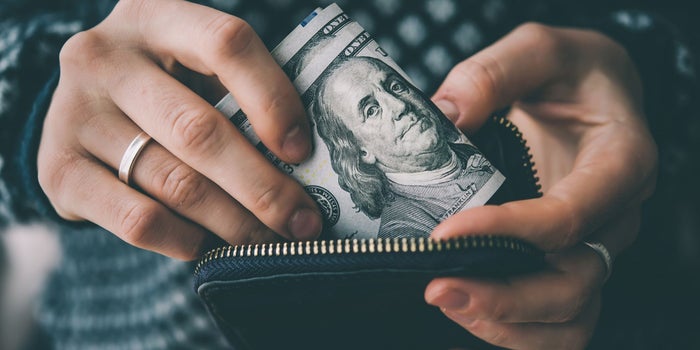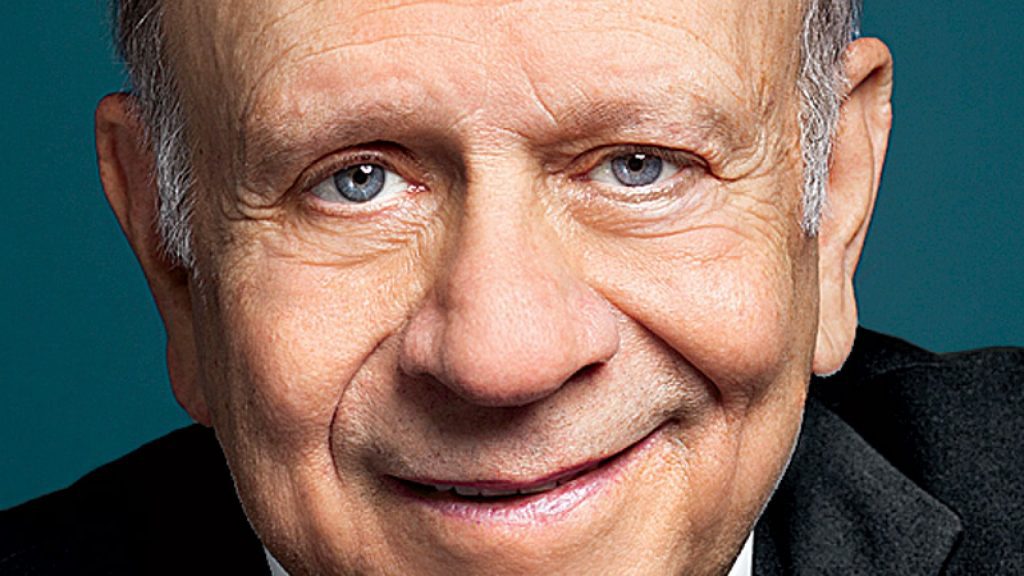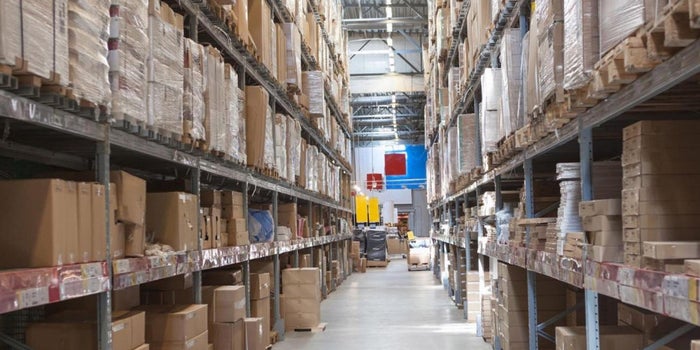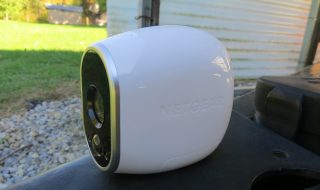
In 2020 selling private label products is one of the most profitable things in which you can invest your time and money. If you’re amidst of starting an e-commerce business or trying to leverage other e-commerce platforms like Amazon, then you should try to undertake private label products. These types of products are booming on Amazon and provide high returns as well. In this article, we’ll talk about everything related to private label products and try to present it in the simplest way possible. From what is a private label to the list of some of the best private label products, we have for you covered.
First of all, what are private label products?

Private label products are manufactured by a company and sold under a different company’s brand name. Let’s take an example, suppose you’ve created a brand but don’t produce goods. You make a deal with a production company to sell its products under your brand name. This is the basic concept of private label products.
Private label products are highly diverse; they take from food products to clothing, accessories, cosmetics, toys, and more, the list is never-ending. Furthermore, right now, six out of every ten products you find on renowned e-commerce platforms are private label products, because, why not! It’s not easy, but it’s worth every bit of the risk.
You might think that this route is taken by small scale businesses and small entrepreneurs only, but you’re wrong. Look at Amazon, the world’s largest e-commerce platform; they have two well established private labels. Bedding, bath, and toilet products are sold under the Pinzon brand while home and work products are sold under the Amazon Basics brand. If they can make a profit out of it, then you can bet it’s a tried and tested method.

It is essential to understand that to compete among other mainstream and private label products; you don’t have to be a huge brand to succeed. Almost 90% of the private label brands started small and now have become quite popular and significant.
A question might arise in your mind that if this is so profitable and popular, why isn’t everyone doing it? The answer to that is, it’s not that easy. Some requirements have to be fulfilled to carry out private labels. Carry on reading to find out exactly how you can start a private label and sell private label products on your e-commerce platform or Amazon quickly. Follow that we say, and it’ll ensure a fast start on solid ground.
Private labeling vs. White labeling vs. Wholesaling.

When opportunity knocks, sometimes it’s better not to answer.
Before we dive into the topic of how to start a private labeling business, we need to make sure that you do not get confused between some other types of companies. People often get confused about private labeling, white labeling, and wholesaling.
Private labeling, as discussed above, is the act of selling a product under your brand while just the manufacturing process is outsourced to some other business.
White labeling is a type of business where the manufacturer does product planning, development, and other product-related activities while it is sold under your brand name.

Wholesaling is the activity of gathering products from the manufacturer and selling them to different retailers. It is the act of being a middleman in the process of selling only.
You need to be careful and not venture into the business of white labeling because it has a different business framework. You need to follow different techniques, and acquire the products from a different type of manufacturer as well.
One of the main distinguishing features of private labeling and white labeling from wholesaling is that your identity as a middleman is revealed when you engage in a wholesaling business. In contrast, the business workings are kept discreet in private labeling and white labeling.




